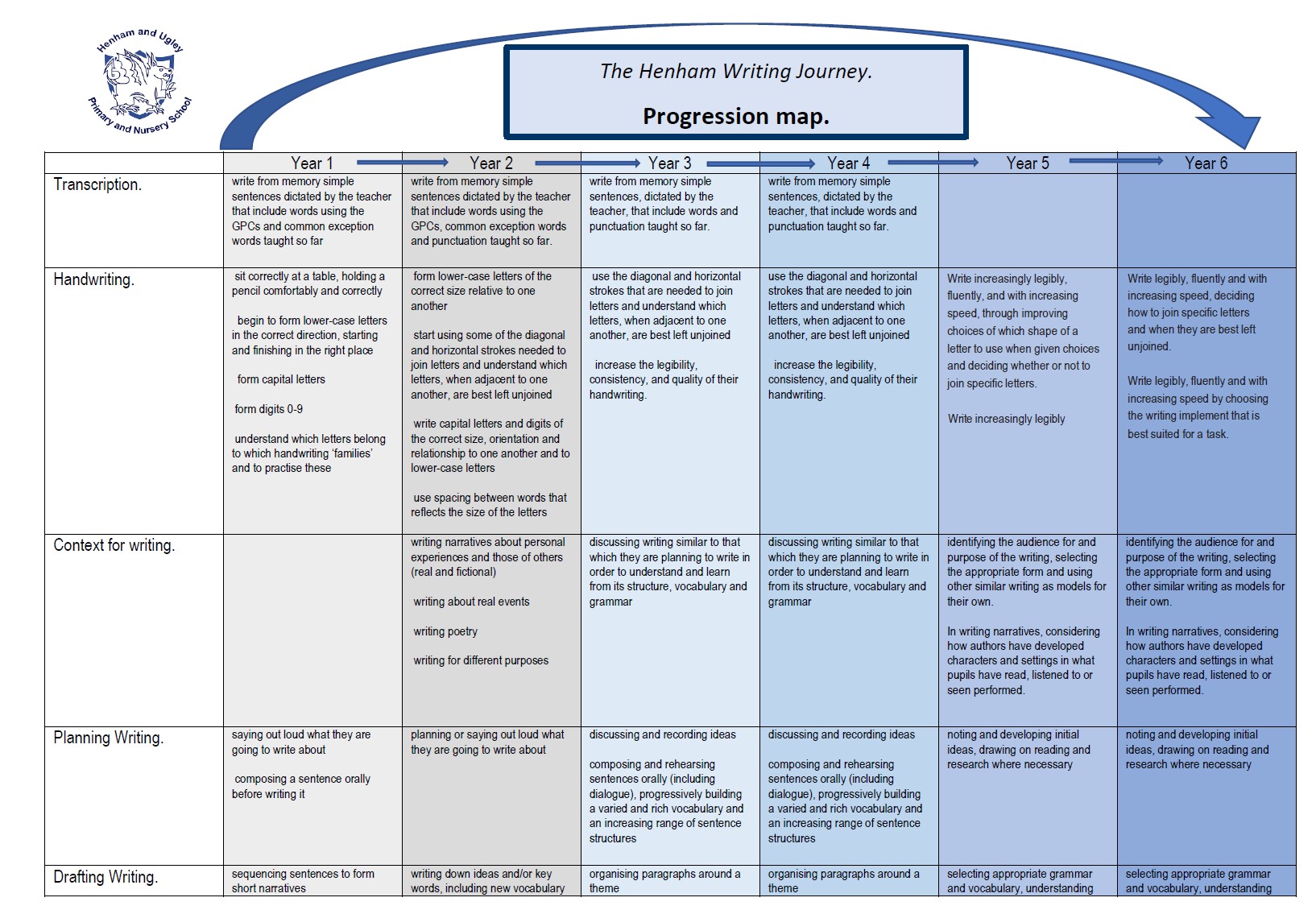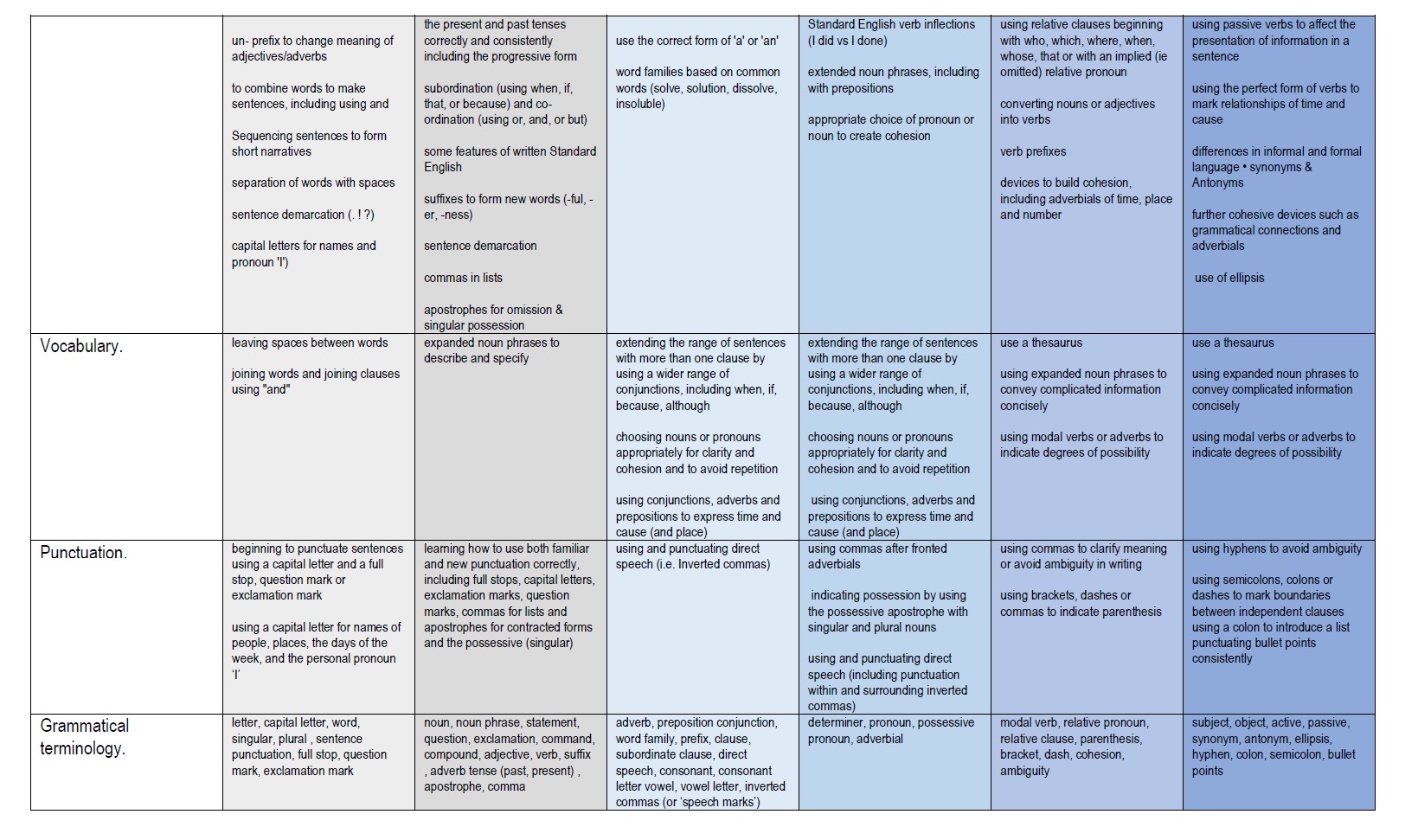Q+A
How do we (as teachers) ensure that our subject knowledge is up to date?
As writing subject leader I attend regular curriculum updates with our local Education advisor, these keep me abreast of legislation, new resources, academic reading material and local events and opportunities for our children. I have the opportunity for regular training and CPD opportunities, this year attending a 3 session Talk4 writing course. We work in collaboration with our local school, sharing our knowledge and expertise, moderating together and sharing good practise. Keeping up to date with children’s literature is vital and pedagogical reviews and research keeps our writing current and relevant.
How do I (as subject leader) know that teacher’s subject knowledge is up to date?
It is my responsibility as subject leader to impart my knowledge with my team, sharing new ideas and being available to support my colleagues in my area. Regular staff meetings and training sessions both in house and with other schools keep us vigilant and up to date with our skills and resources. I have a writing library whereby we share literature, research articles and resources.
Do I (as subject leader) read latest research about my subject?
Keeping up to date with government guidance, teaching updates and specific literature around my subject is a vital part of my responsibility as writing lead – this keeps us at the fore front of providing quality teaching. As a member of ‘The Writing for Pleasure Centre’ I am constantly being updated with new research which informs our teaching at Henham.
How do I (as subject leader) want my subject to be taught across the school?
We aim for all of our children to be able to write independently in a variety of genres and for a range of purposes with fluency, accuracy and enjoyment. We believe children should understand from an early age that their writing needs to be accurate, legible and set out in an appropriate way. It is our hope for them that they will learn to enjoy writing, see the value of it and for them to leave us as confident, accomplished writers. We acknowledge the role that discussion and oral rehearsal plays in our understanding of the written word as well as the importance of teacher modelling of the writing process. Both of these aspects form an integral part of our teaching of writing through the “Talk for Writing” model which is implemented across the whole school. In this approach, children listen to and retell a variety of genres; learning some off by heart using actions. This helps them to internalise language patterns and learn new vocabulary giving them the confidence and tools to write themselves. Children first imitate, then innovate and finally invent their own version of a text.
From early on in their learning journey, children explore a range of genres, see adults writing and experiment themselves through mark marking, symbols and conventional script. Though oral rehearsal, children learn to communicate meaning in narrative and non-fiction texts and spell and punctuate correctly.
As they move through the school, children develop an understanding that writing is essential to thinking and learning but also enjoyable in its own right. They learn the main rules and conventions of written English and start to explore how the English language can be used to express meaning in different ways. Powerful teaching techniques such as shared and guided writing mean children are exposed to high quality demonstration, exploration and discussion of the choices writers make. Children use the planning, drafting and editing process to improve their work and alongside effective feedback marking, are encouraged to become reflective, resilient learners.
We strongly believe in giving children first hand experiences to draw on information and emotions to enhance their learning and consequently make use of our local community regularly. Trips to local places of interest and visits from local figures are essential to provide an engaging starting point to enable the children to achieve high quality writing. We also feel that, wherever possible, children should write for a purpose and take pride in their learning; therefore we provide many opportunities for children to share their writing with the intended audience and to exhibit their work with the rest of our school community via prominent school displays.
We believe children require a secure understanding of spelling, punctuation and grammar to develop a true understanding of English and to be successful, so these concepts are taught discretely within English lessons in engaging ways. Through careful planning, teachers introduce new concepts in relation to the genre that the children are currently studying.
We also feel that children should be able to write with ease, speed and legibility so follow a consistent approach across the school to the teaching of handwriting.
How do I (as subject leader) know how my subject is being taught?
Teachers and our pupils regularly share and celebrate their writing either through whole school or classroom display, showcasing their work to other classes, reading their work to the school in our celebration assemblies and having work published in our school newsletter. On a regular basis, as subject leader I enjoy travelling through the school and observing children immersed in their writing and seeing my colleagues teach, following the talk 4 writing approach.
How do I (as subject leader) want the subject to look on display boards?
Writing displays in our school are always kept up to date and highlight current learning. They are visually engaging and showcase our pupils work, reinforcing learning, displaying progression and inspire creativity. Our displays are a celebration of our children’s commitment to writing and their hard work!
Am I (as subject leader) sure that there is a skills development in my subject? How do I know?
There is a clear pathway of progression at Henham which is closely linked from class to class giving children the opportunity to build upon their knowledge and skills as they journey through our school.
With regular assessment, teacher and pupil feedback, lesson observations and book looks, I have the opportunity to monitor the effectiveness of our teaching strategies and monitor development.
Is there a clear path of skills development in my subject?
This is clearly set out in our curriculum progression map. This document is something all teachers refer to when planning ensuring there is a clear and steady pathway building up skills and knowledge as children journey through classes. Teachers ensure that prior knowledge is revised, ensuring that children’s learning is ‘sticky’ – effective knowledge that stays in the long-term memory.
How is the subject assessed at Henham?
Writing is assessed at Christmas, Easter and the end of the academic year. Children are assessed against the national curriculum statements.
Am I (as subject leader) certain that assessments are accurate in every class?
At Henham we are rigorous with our assessment process. We regularly assess as teams and moderate each other’s assessments to ensure continuity and consistency across the school. Moderating with other school also supports accurate judgements.
How are children with SEN are supported in your subject?
At Henham, we adopt Quality First Teaching approaches to support our SEN children, this effective provision improves long-term outcomes for the child or young person. All children on our SEN register have regular ‘one plan’ meeting whereby support strategies are discussed and appropriate provisions are designed and agreed. Working collaboratively with parents and professional around the needs of the child ensures the best outcomes for our pupils.
How do I know that support for children with SEN is happening across the school?
As subject leader I regularly monitor SEN provision in my subject; meeting with teacher and children at regular points in the year to monitor support and assess whether this is working for the pupil. At Henham, we work closely with our school SENCO and outside agencies to ensure our SEN pupils receive a tailor made support package that meets their individual needs.
What do children like about my subject?
Await pupil voice response.
What do the children dislike about my subject?
Await pupil voice response.



